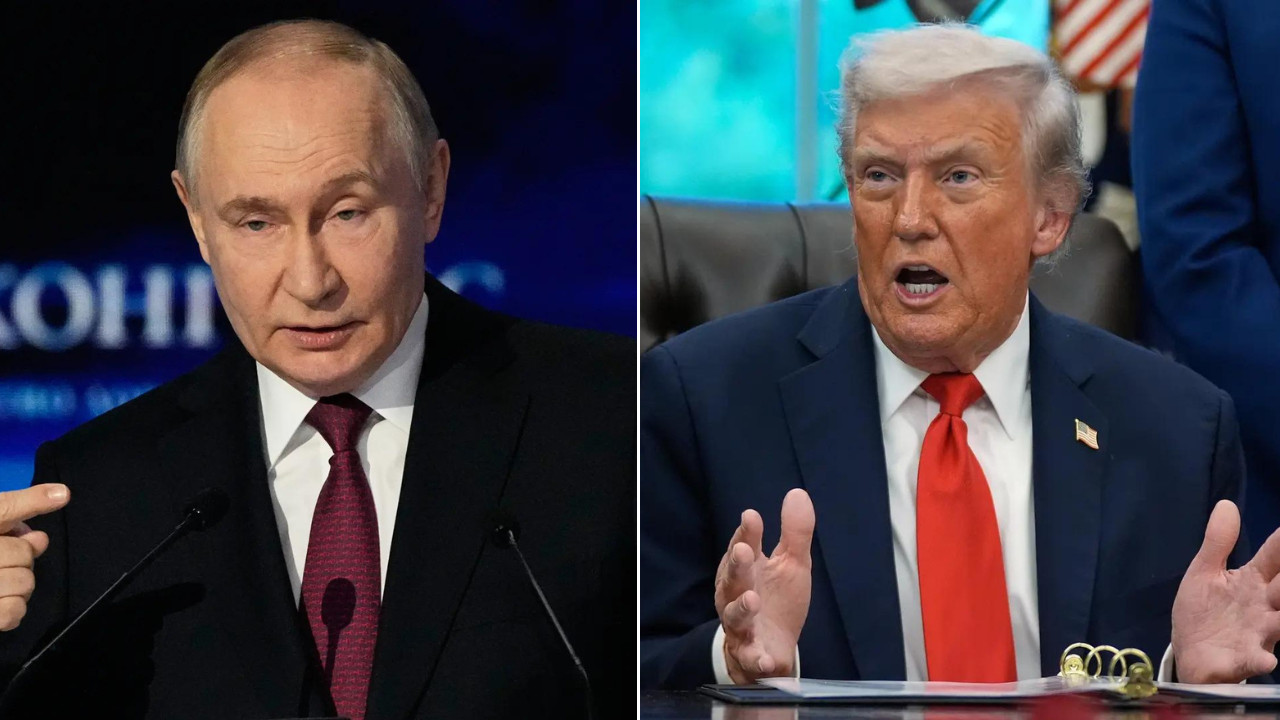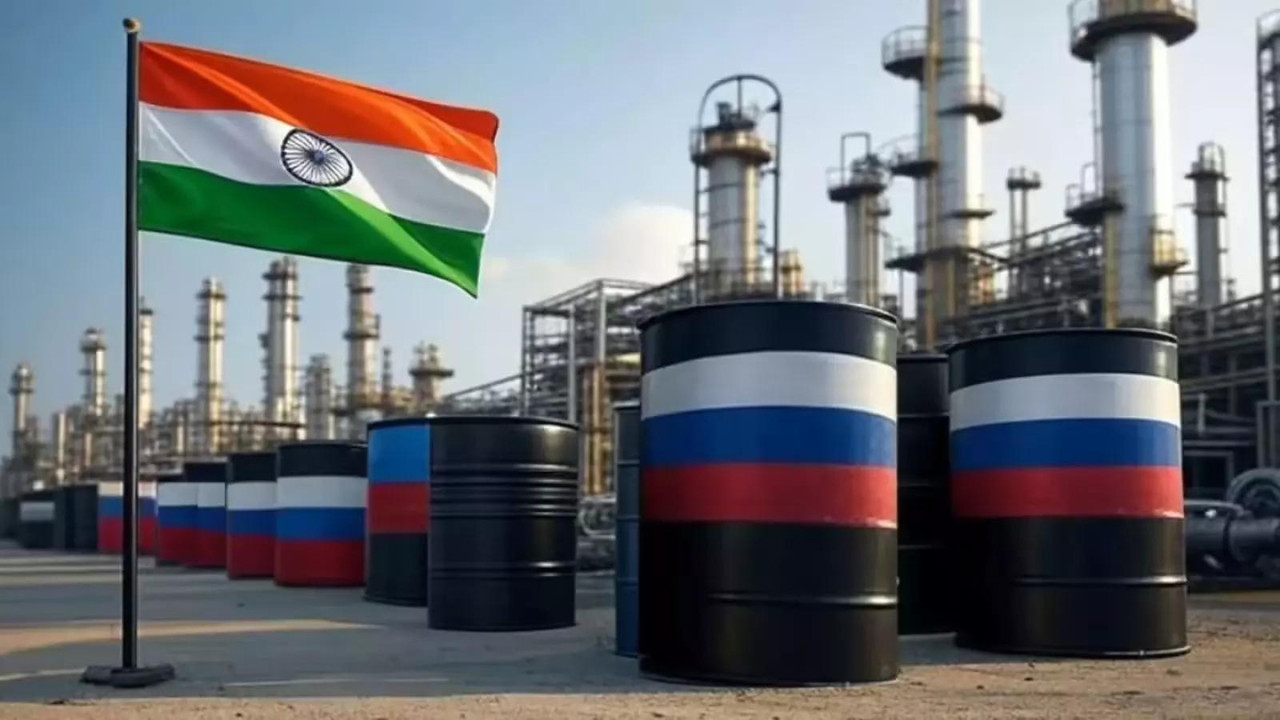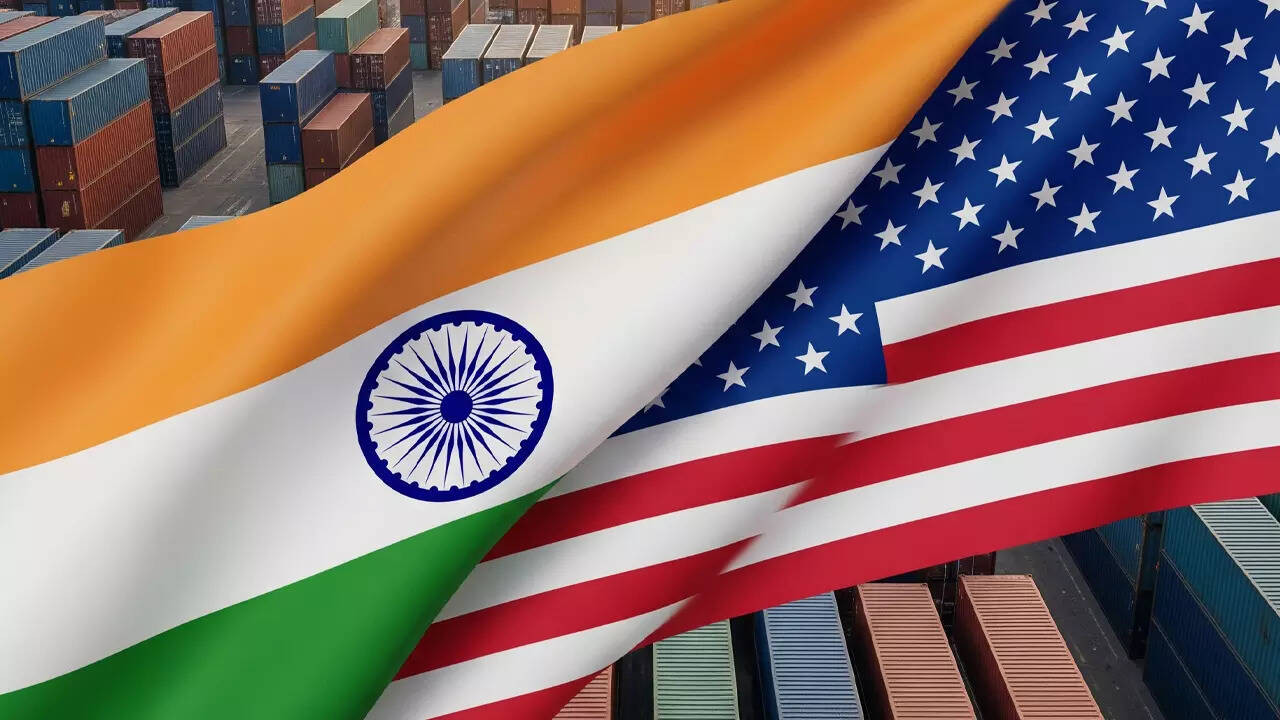The United States has imposed sanctions on Russia’s two largest oil companies to pressure Moscow into an immediate ceasefire in Ukraine. Treasury Secretary Scott Bessent stated the move aims to cripple the Kremlin’s war funding. President Trump expressed hope for a swift resolution and that the sanctions would be short-lived.
A Tightening Grip: How US Sanctions are Squeezing Russian Oil
The situation in Ukraine remains a raw, open wound on the global stage. While diplomatic efforts continue to try and stitch it closed, the United States is applying increasing economic pressure on Russia, aiming to cut off the financial lifeblood fueling the conflict. The latest move? A fresh round of sanctions targeting major Russian oil firms, a clear shot across the bow meant to cripple Moscow’s ability to finance its war.
We’re not talking about minor tweaks here. These sanctions are designed to bite, directly impacting key players in the Russian energy sector. The intent is simple: starve the war machine of resources, forcing Putin to reconsider his strategy.
Why Target Russian Oil? It’s All About the Money
Oil and gas are the cornerstones of the Russian economy. They represent a massive source of revenue, providing the Kremlin with the funds necessary to sustain military operations and prop up the government. By restricting access to international markets and limiting the ability of these companies to conduct business, the US aims to significantly reduce Russia’s income stream. This, in theory, should translate to a weakened capacity to wage war.
But it’s a complex equation. Sanctions can have unintended consequences. While the US aims to isolate Russia, it also has to consider the impact on global energy markets. Higher oil prices can hurt consumers worldwide, and could even backfire by providing Russia with increased revenue from a smaller volume of sales. It’s a delicate balancing act.

The Nuances of Sanction Strategy
The effectiveness of these US sanctions hinges on several factors. Firstly, the degree of international cooperation is crucial. If other major economies continue to purchase Russian oil, the impact of the US sanctions will be diluted. Secondly, Russia may seek alternative markets and methods to circumvent the restrictions. This could involve selling oil to countries willing to ignore the sanctions, or developing new infrastructure to bypass traditional trade routes. Finally, the internal resilience of the Russian economy will play a role. Can Russia withstand the economic pressure and adapt to the new realities?
Furthermore, the specific details of the sanctions matter. Are they broad, targeting entire companies and sectors? Or are they narrowly tailored to specific individuals and transactions? The more precise the sanctions, the less likely they are to cause collateral damage to other economies. The devil, as they say, is in the details.
Immediate Ceasefire: A Desperate Plea
While these economic measures are being implemented, the US is also calling for an immediate ceasefire. This underscores the urgency of the situation. The human cost of the conflict continues to rise, and the potential for escalation remains a serious concern. The US is hoping that the combined pressure of economic sanctions and diplomatic isolation will ultimately compel Putin to de-escalate and engage in meaningful negotiations.
Beyond Oil: A Broader Strategy of Economic Pressure
This isn’t the first time the US has wielded sanctions as a tool of foreign policy, and it certainly won’t be the last. It’s a powerful, albeit imperfect, instrument that can be used to influence the behavior of other nations. But sanctions are not a magic bullet. They are just one component of a broader strategy that includes diplomacy, military deterrence, and international cooperation. Read more about the role of international cooperation in global conflicts here.
The success of these particular US sanctions against the Russian oil industry remains to be seen. However, they represent a significant escalation of economic pressure, and they signal the US’s unwavering commitment to holding Russia accountable for its actions in Ukraine. It is a long game, and the world watches with bated breath to see what the next move will be.
Ultimately, the aim is clear: to restore peace and stability to the region, and to uphold the principles of international law. The path to achieving that goal is uncertain, but the US is betting that economic pressure will play a crucial role in bringing about a resolution.







